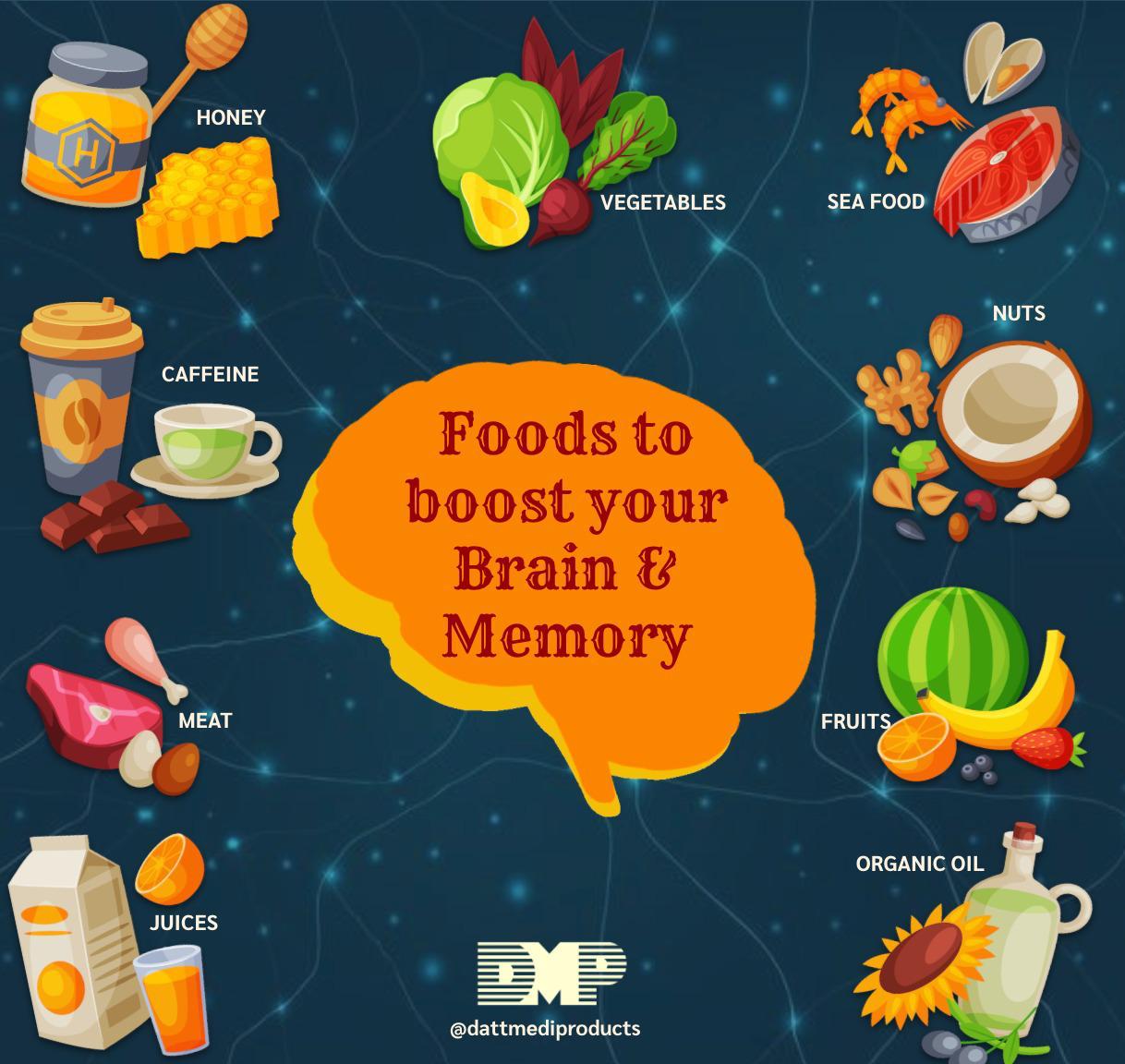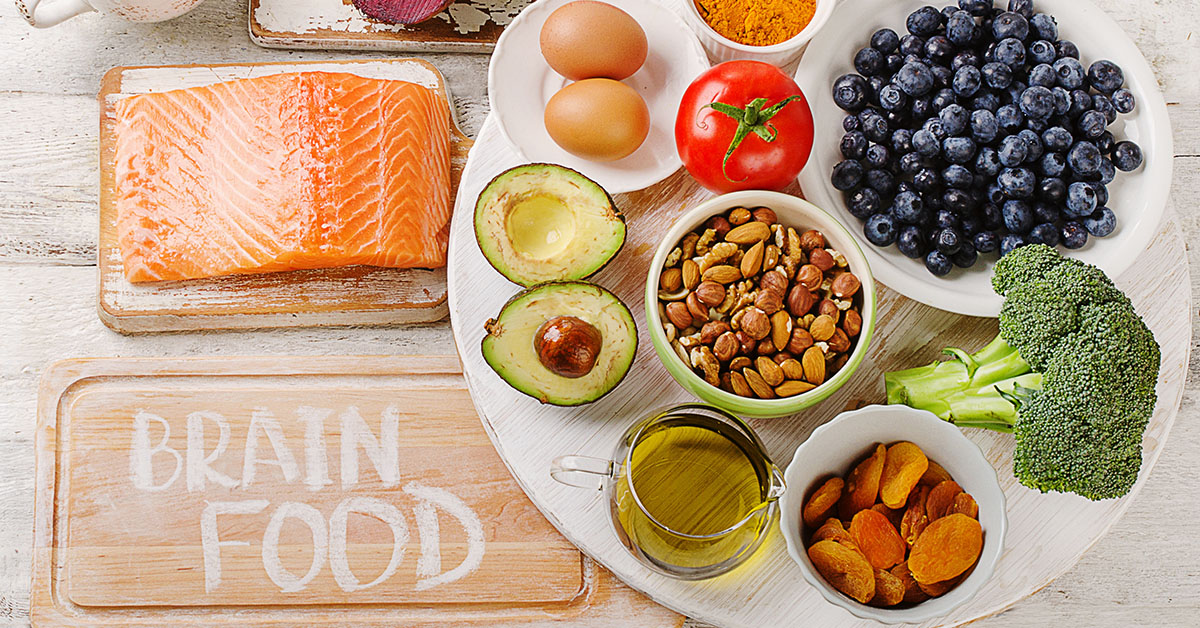
The MIND diet: 10 foods that fight Alzheimer's (and 5 to avoid) Green, leafy vegetables such as romaine, arugula, kale, collard greens, broccoli, spinach, and Swiss chard are among the foods that support brain health. "I have started eating lots of berries and more nuts in recent years," said Grodstein. "Overall, what I tell people who come to me in clinic is you want to eat a diet that's high in fish, berries, leafy greens, and whole grains."Īnd even the experts eat berries. Over time, oxidation can damage cells and contribute to aging.īlueberries help "fight inflammation," according to Tanzi.īerries are also on the list of foods that Salinas recommends to his patients. Blueberries have high levels of flavonoids, a compound in food that reduces oxidation in the body. "There is exciting preliminary evidence of blueberries for brain health." said Grodstein. "First and foremost is keeping the bacteria in your gut happy." Blueberries Prebiotic and probiotic foods can reduce harmful inflammation in the brain, called neuroinflammation, said Tanzi.

The large intestine has the most bacteria and is where the "gut controls inflammation in the brain," Tanzi said. Our intestines are filled with bacteria that are a normal part of the digestive process. "You want to add both prebiotics and probiotics to your diet." "Probiotics are actually adding bacteria to your gut that's beneficial, the types of bacteria you see on the back of your yogurt cup," according to Tanzi. Probiotic supplements also contain billions of live bacteria. 35 grams of EPA (the two types of omega-3s found in seafood).Probiotic foods include yogurt, kefir (a liquid yogurt), and fermented foods like sauerkraut, pickles, and kimchi. Three ounces of wild salmon contains about 1.24 grams of DHA and. "These are all very high in the omega-3’s that your brain needs on a daily basis." Adult women require about 1.1 grams of omega-3s per day, according to the National Institutes of Health. "I recommend cold water, fatty fish, especially Alaskan salmon, mackerel, blue fish, sardines, or anchovies," says Dr. These are the brain foods a neuroscientist wants you to add to your diet 1. Of all the foods she has researched, seven stand out as absolutely essential for brain health. "There are gates in the brain that open and close depending on whether the brain is 'hungry.' No other organs in the body have the same strict rules," she tells Well+Good. The neuroscientist has dedicated her personal brain power to studying the blood-brain barrier, which determines which nutrients can-and cannot-make their way into the organ upstairs.

Put simply: Everything in the brain that isn’t made by the brain itself is 'imported' from the food we eat," explains Dr.

The brain, being radically efficient, makes many of these nutrients itself, and only 'accepts' whatever else it needs from our diets. "To function best, the brain requires around 45 nutrients that are as distinct as the molecules, cells, and tissues they shape. "Put simply: Everything in the brain that isn’t made by the brain itself is 'imported' from the food we eat." -neuroscientist Lisa Mosconi, PhD Mosconi's, reveals why: What we eat directly affects our cognition. Nutritional psychiatry has invited the foods we eat to be part of the larger conversation around mental health.

"Parts of the foods we eat will end up being the very fabric of our brains." Brain-focused nourishment writ large has been on the rise in the wide world of wellness. "As a society, we are comfortable with the idea that we feed our bodies, and much less aware that we're feeding our brains too," she says.


 0 kommentar(er)
0 kommentar(er)
